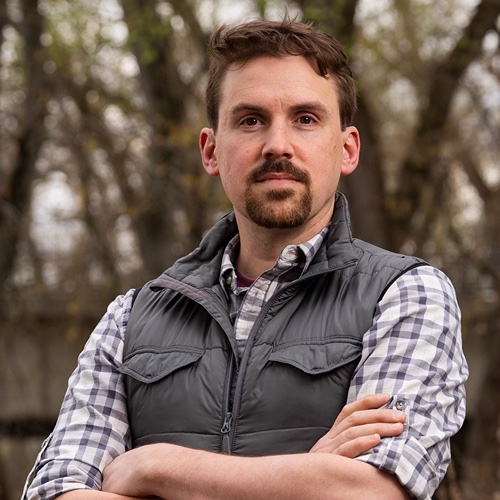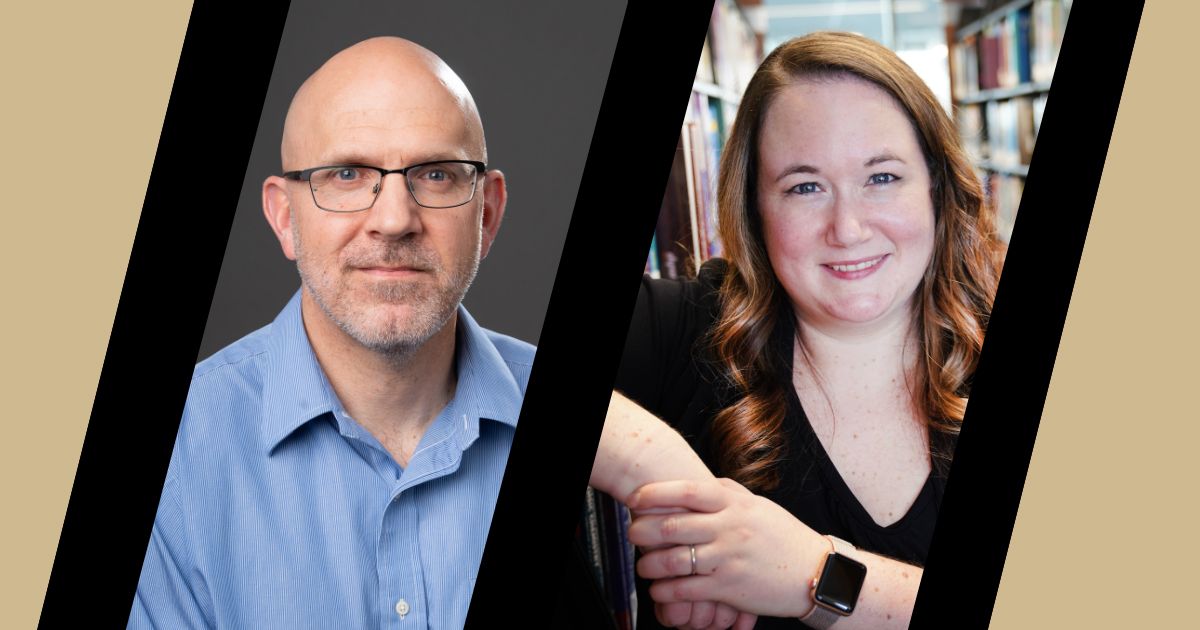Growing up in Nagoya, Japan, the ocean and the mountains were easily accessible to Akane Abbasi, and her family took advantage of their surroundings with camping trips for a week or more every summer, sparking Akane’s interest in the natural world.
“My childhood was full of experiences in nature or in the wild, so that got me interested in studying forestry in college (at Nagoya University),” Abbasi explains. “I did undergraduate studies of the forest in general, from an ecological point of view or a social point of view, or biology, chemistry or the physics of forests. That was interesting and I wanted to pursue forestry in graduate school, at the same time, I was interested in learning English, so that combination made me decide to go to graduate school in the U.S.”
Abbasi first experienced collegiate life and studies in the United States through an undergraduate exchange program at Southern Illinois University in 2014.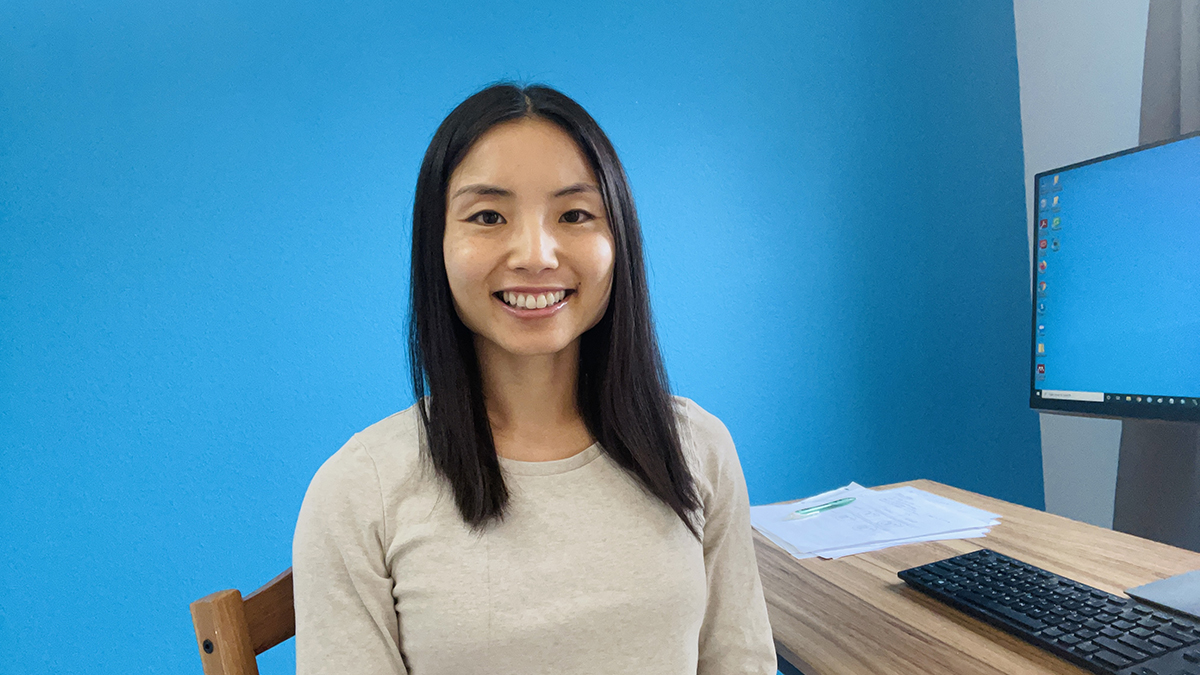
“The main purpose was to improve my English,” Abbasi recalls. “I could take any courses I wanted to, so I took a few undergrad level courses, of course in forestry and biology, but at the same time, I also took some English classes for international students. It was a good experience. I could see what universities were like in the U.S., and I could improve my English as well. That helped me a lot in applying for graduate schools in the U.S., and also gave me a lot of confidence that I could actually do this.”
Abbasi returned to Japan and completed her bachelor’s degree in bioenvironmental sciences in 2016 before coming to the United States and beginning her master’s degree program under Dr. Jeff Dukes, professor of forestry and natural resources and biological sciences and director of the Purdue Climate Change Research Center.
“Purdue is one of the best schools in the U.S. and its agricultural program was very renowned, so that is why I chose Purdue and came here for graduate school,” Abbasi explains. “At the time, I actually had no idea how the research was conducted, but, in general, I was interested in climate change and how it’s impacting nature, so Dr. Dukes’ research looked very interesting to me.”
Abbasi obtained a scholarship from Japan and joined Dukes’ lab. While searching for a thesis topic, Abbasi became interested in a material called biochar, similar to charcoal, which can be mixed in soil and is known to have positive impacts on agricultural crops and also in relation to carbon.
She presented her thesis on soil ecology and its responses to climate change, “Potential of Biochar to Mitigate the Effects of Increased Precipitation Variability on Soil Greenhouse Gas Emissions and Soybean Growth", and published a paper on the subject, “Reviews and Syntheses: Soil responses to manipulated precipitation changes, an assessment of meta-analyses".
"Akane was really fun to have in the lab.," Dukes said. "She has an infectiously positive attitude. She did a great job developing and carrying out her master's project. And, my lab learned a lot about Japanese culture from her!"
After completing her master’s degree in 2018, Abbasi opted to stay at Purdue to work on her doctoral degree. She joined the FACAI Lab under assistant professor of quantitative forest ecology Dr. Jingjing Liang, where she switched gears from studying soil to using machine learning and modeling to see how forests are changing.
“With Dr. Liang, I am studying the dynamics of forests and the importance of biodiversity and how it is impacted by climate change on a very big spatial scale, often on a continental scale or even globally,” Abbasi said. “I wanted to learn how nature works and how it is changing with climate change and other global changes. At the same time, I also liked math in high school, so I actually enjoy doing machine learning and coding. It is great that I can combine all of the things that I have liked since my childhood.
“I no longer go to the field and do experiments. I use data that is publicly available or made by somebody else. My research is 100 percent on the computer now, studying how biodiversity is changing in this changing world. I really enjoy doing that big scale research right now and I’d like to continue in this type of research in the future.”
Abbasi has two research manuscripts currently under review and is developing a third on mapped planted forests in China.
"Akane has been an invaluable member of our lab," Liang said. "She has made substantial contributions to our global research portfolio with direct data from and knowledge about her home country Japan. She is instrumental in our research studies on forest migration and planted forests. In addition, she is very pleasant to work with, and after work, we enjoy sharing our own stories about rock climbing and bicycling. "
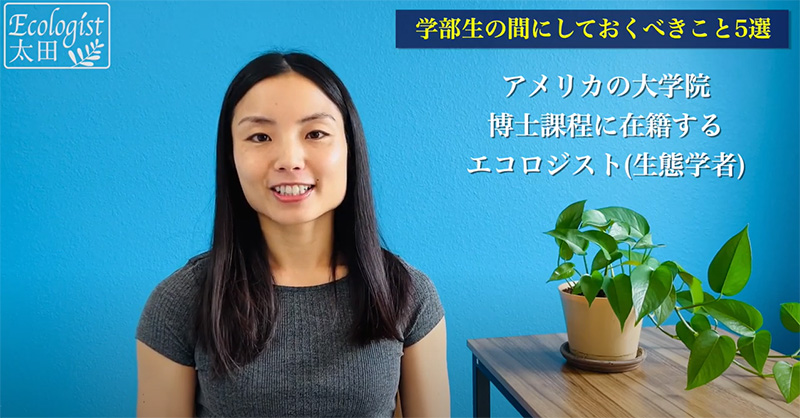 While Abbasi is continuing her own studies, with at least another year left in working toward her PhD, she launched a project in January aimed at educating people in her home country on a variety of topics. With her YouTube channel, Abbasi shares what she has learned in research papers and through her own experiences with the Japanese audience, filling what she says is a void due to the lack of information in her native language.
While Abbasi is continuing her own studies, with at least another year left in working toward her PhD, she launched a project in January aimed at educating people in her home country on a variety of topics. With her YouTube channel, Abbasi shares what she has learned in research papers and through her own experiences with the Japanese audience, filling what she says is a void due to the lack of information in her native language.“I started my YouTube channel because I wanted to share the interesting topics in ecology and the environment that I learn here at Purdue,” Abbasi explains. “I enjoy learning fun facts through research and I wanted to share the world of science with a broad audience.
“There are a lot of YouTube channels out there in Japan that are educational. People teach high school materials to very professional materials. I thought I could do something because I am in the U.S. studying something really cool. I have two main topics, one is about ecology or biodiversity or nature, what I have learned from graduate school, and the second is how to actually get to graduate school in the United States. The two topics have very different audiences, but I enjoy talking about both. Since there is always abundant information in English, I wanted to focus on the Japanese audience. Whatever I learn in English from scientific papers or in classes at Purdue, I thought I could convert that and tell those stories in Japanese.”
When Abbasi talks about nature or things she has learned, covering topics from “What is biodiversity and why is it so important” to “What is the difference between global warming and climate change,” she has found people are very interested in learning.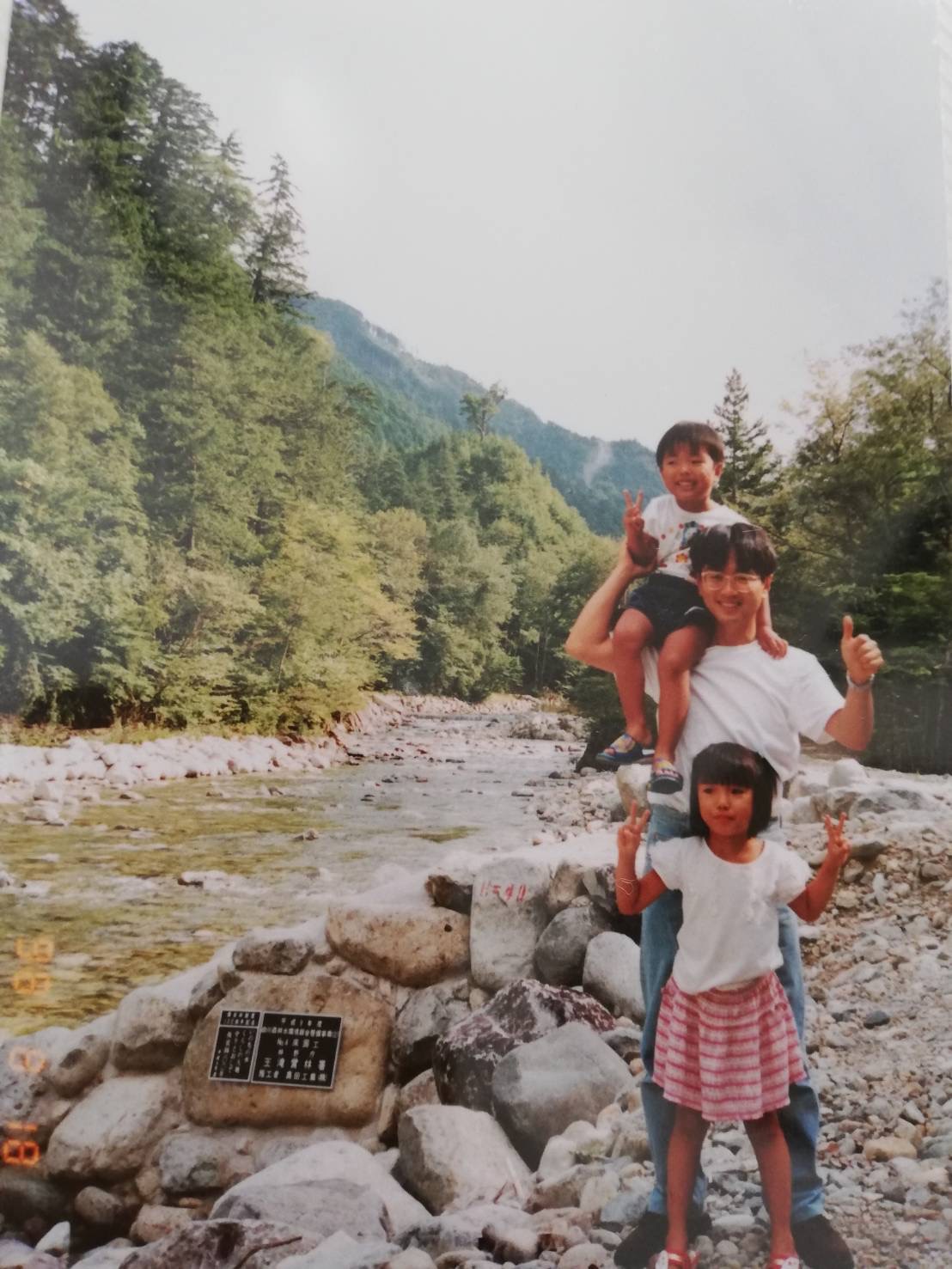
“They wouldn’t know these things unless they read it in those scientific papers in English,” Abbasi said. “In my videos, I always try to use simple language, free of jargon, and I also use visual aids, free-sourced videos and images on top of my talk. It is a challenge to use no scientific words, but I try to talk as if I am talking to my mom, which helps me construct the scripts, making it very easy to understand and follow. It makes me very happy when people comment on my videos saying ‘This is very interesting’ or ‘I didn’t know about this’ or ‘You make it so easy by how you describe it.’”
Abbasi’s mother Yoshiko is not only the inspiration for the construction of her scripts, but she also is an important audience member.
“My mom texts me sometimes and says ‘The last video was really nice; I liked it,’” Abbasi explained. “She hears about climate change and global warming from TV news, but it isn’t easy to capture the whole story when it comes to climate change. Not one TV program can cover everything, so she never really understood climate change and how it’s happening and why it’s bad. She says she finally understands it because of my videos and she also enjoys learning what is happening in the natural world through my videos.”
As Abbasi is compiling and relaying the information in the videos, she ensures that everything she shares is based on scientific papers and reports, and she includes all of her references in the video descriptions so her audience is confident that the information in the videos is sound and reliable.
One of Abbasi’s objectives is to fill the information gap for her audience and help them through her experiences.
“When I make the videos, I try to actually talk to myself from five or 10 years ago and provide the kind of information that would have been very interesting to me,” Abbasi shared. “My audience for the graduate school topic in particular is usually high school or undergraduate students. Many Japanese students are interested in studying in the U.S., but they think it’s hard because of the language (English) and expensive tuition. My videos go over the actual steps to go to graduate schools in the U.S. and available financial aid people can apply for. I also talk about my experience of winning second place in the Three Minute Thesis competition and tips on English presentation. I try to provide as much information and encouragement as possible. I want them to know that is absolutely possible to study in the U.S. and that it is an excellent experience.”
After graduate school, Abbasi hopes to continue as a researcher long term, ideally working at a research institution or international institution. Wherever the future takes Abbasi and her husband, Sahand, one thing is for sure, she will continue to learn about the natural world and share that knowledge with others, whether through YouTube or through publications or other outreach methods.


